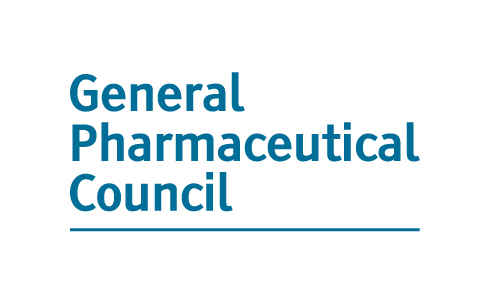Government injects '645m investment into community pharmacy
)
The government has announced a funded pharmacy common ailments scheme in England as part of a '645 million investment into the sector over two years.
Under the service, patients will be able to get a prescription from their pharmacist for seven minor illnesses including earache and urinary tract infections without having to see their GP first, NHS England (NHSE) announced this morning (May 9).
It comes as part of a two-year '645m government investment designed to 'expand community pharmacy services' in England, NHSE said.
The existing pharmacy contraception service and the hypertension case-finding service will also benefit from the funding, according to the Pharmaceutical Services Negotiating Committee (PSNC).
Read more: PSNC 'still awaiting news' on Pharmacy First service amid October launch hints
However, it noted that how the money will be split between the services is now "subject to detailed negotiations" with NHSE, as is a start date for the new common ailments service.
NHSE said that it planned to 'launch Pharmacy First'by the end of 2023', subject to consultation.
The seven conditions under the new service are:
- Uncomplicated urinary tract infections in women
- Earache
- Sinusitis
- Sore throat
- Impetigo
- Insect bites
- Shingles
Recovery plan
The investment forms part of a raft of measures to improve access to primary care under what NHSE has called the primary care recovery plan.
The 46-page plan revealed that the Department of Health and Social Care (DH) will 'consult the sector on [the] proposed expanded role' for pharmacies - including the introduction of Pharmacy First and the expansion of pharmacy oral contraception and blood pressure services.
It also revealed that it would invest 'up to' '645 million into community pharmacy services over the next two years 'subject to consultation', although it remains unclear on what criteria the amount hinges.
NHSE said that the 'major expansion of services' under the 'radical' new plan will mean that 'millions' of patients will receive quicker and more convenient access to NHS care from their pharmacy.
It estimated that the measures could 'alleviate pressure' by saving up to 10 million GP appointments per year 'once scaled up', equivalent to 'around 3% of all appointments'.
NHSE said it will ask integrated care boards (ICBs) - which have been responsible for community pharmacy commissioning since April - to develop their own 'system-level access improvement plan'.
Most significant investment in over a decade
PSNC said that the plans represent 'the most significant investment in community pharmacy in well over a decade''and that the commissioning of an appropriately funded Pharmacy First service would be a 'huge win' for the sector.
It added that 'discussions' around 'service details and funding allocations' - to be negotiated by PSNC, the DH and NHSE 'as usual' - have 'already commenced' and that it hopes to be able to provide more details 'over the summer'.
Until the detailed negotiations have concluded we will not know the extent and speed with which this investment will help the sector through the immense challenges that it currently faces', the negotiator said.
Barclay: Pharmacies are 'incredibly capable'
Health secretary Steve Barclay said that the primary care recovery plan 'will make it easier for people to get GP appointments'.
By upgrading to digital telephone systems and the latest online tools, by transferring some treatment services to our incredibly capable community pharmacies and by cutting unnecessary paperwork we can free up GPs time and let them focus on delivering the care patients need', he said.
He added that the plan will 'provide faster and more convenient care' alongside 'further support to increase the workforce' in primary care.
Prime Minister Rishi Sunak said that the announcement 'transforming primary care' comes as the next part of the government's promise to cut NHS waiting lists.
He pledged to 'end the 8am rush' for GP appointments and 'expand the services offered by pharmacies, meaning patients can get their medication quickly and easily'.
NHS chief executive Amanda Pritchard added that the 'ambitious package of measures' will see pharmacies 'playing a central role in managing the nation's health including providing lifesaving checks and medication for common conditions for the first time'.
This blueprint will help us to free up millions of appointments for those who need them most, as well as supporting staff so that they can do less admin and spend more time with patients,' she said.


)
)
)
)
)
)
)
)
)
)
)
)
)
)
)
)
)
)
)
)
)
)
)
)
)
)
)
)
)
)
)
)
)
)
)
)
)

.png/fit-in/500x500/filters:no_upscale())
)
)
)
)
)
)
)
)
)
)
)
)
)
)
)
)
)
)
)
)
)
)
)
)
)
)
)
)
)
)
)
)
)
)
)
)
.png/fit-in/1280x9999/filters:no_upscale())
)
)
)
)
)
